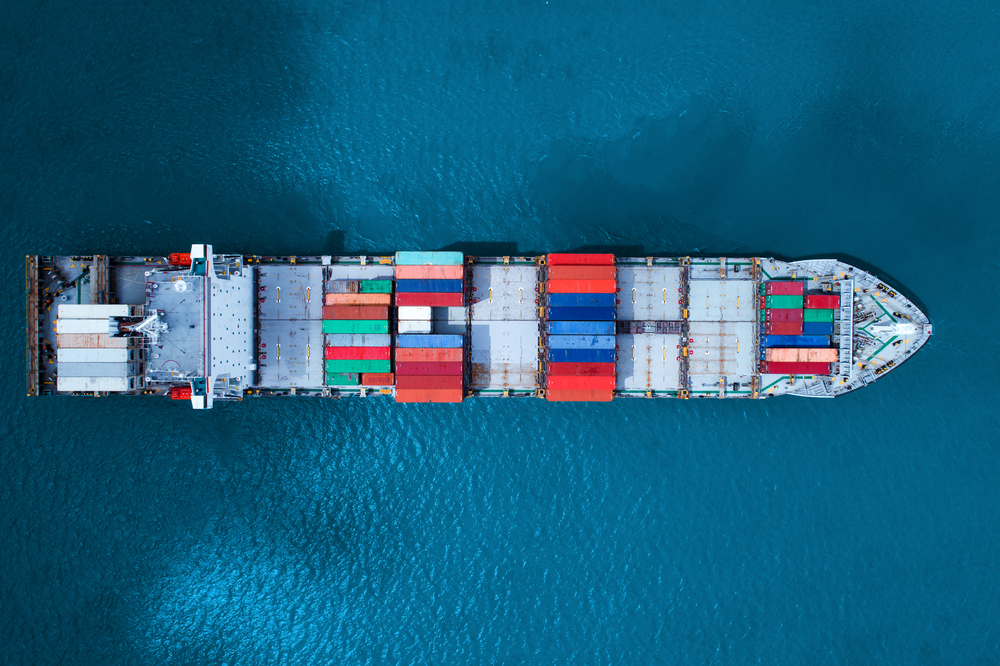
International auto transports require attention to detail and a vast knowledge of shipping procedures. For those unfamiliar with the process of overseas shipping, it can quickly become confusing and stressful.
Fortunately, it is nearly impossible to worry when you hire a qualified overseas transporter to oversee your vehicle’s shipping process. They will lend a hand throughout the entire transport so that shipping your car to Germany is less stressful.
When you schedule your vehicle’s transport, give yourself months to prepare for the actual departure day. With all of the regulations to address and prep work to complete, you will need some time to situate all that is required. If the regulations aren’t met and the appropriate proof isn’t provided, Customs will deny the vehicle access into the country.

Documentation Necessary for Vehicle Import to be Approved.
The policy for auto import into Germany is subject to change as needed. Regardless, you can always expect that certain documentation will be requested. These forms of proof are always required for international transport.
- License, Picture ID or Passport.
- Visa (if applicable).
- Proof of Paid Tariffs.
- Bill of Lading.
- Original Purchase Invoice.
- Vehicle Title and Registration.
- Proof of Passed Inspections.
- Release Order.
As long as you allow the overseas transport company to guide you and you comply with the country’s auto import policy, getting your vehicle into the country will remain a smooth process. However, it is absolutely imperative that you make contact with the Embassy of Germany for the present import regulations for car shipping.








 Share on Facebook
Share on Facebook Share on LinkedIn
Share on LinkedIn Share on Twitter
Share on Twitter




 Google
Google  Instagram
Instagram  Trustpilot
Trustpilot 



